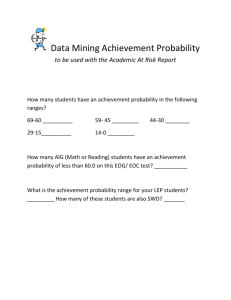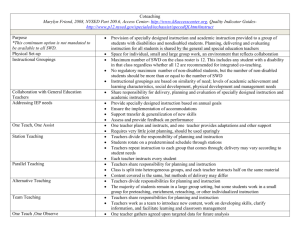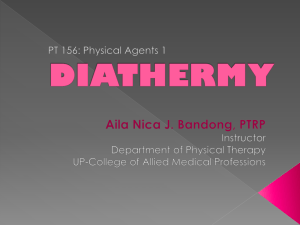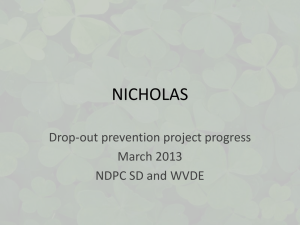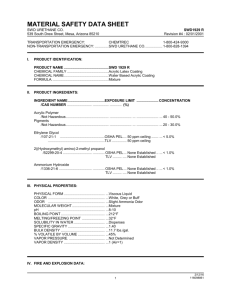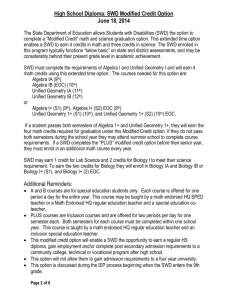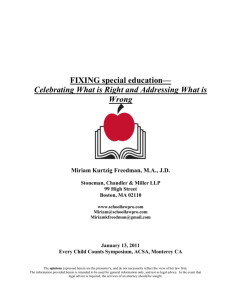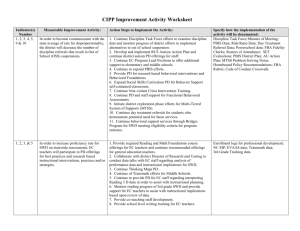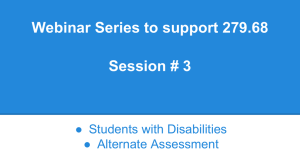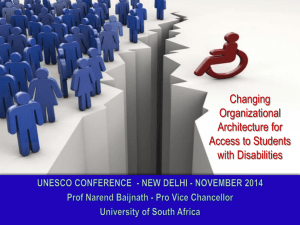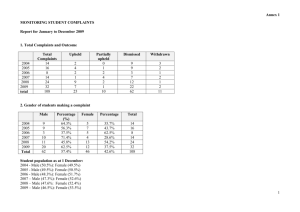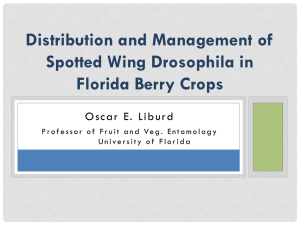File - West Sound GreenSTEM
advertisement
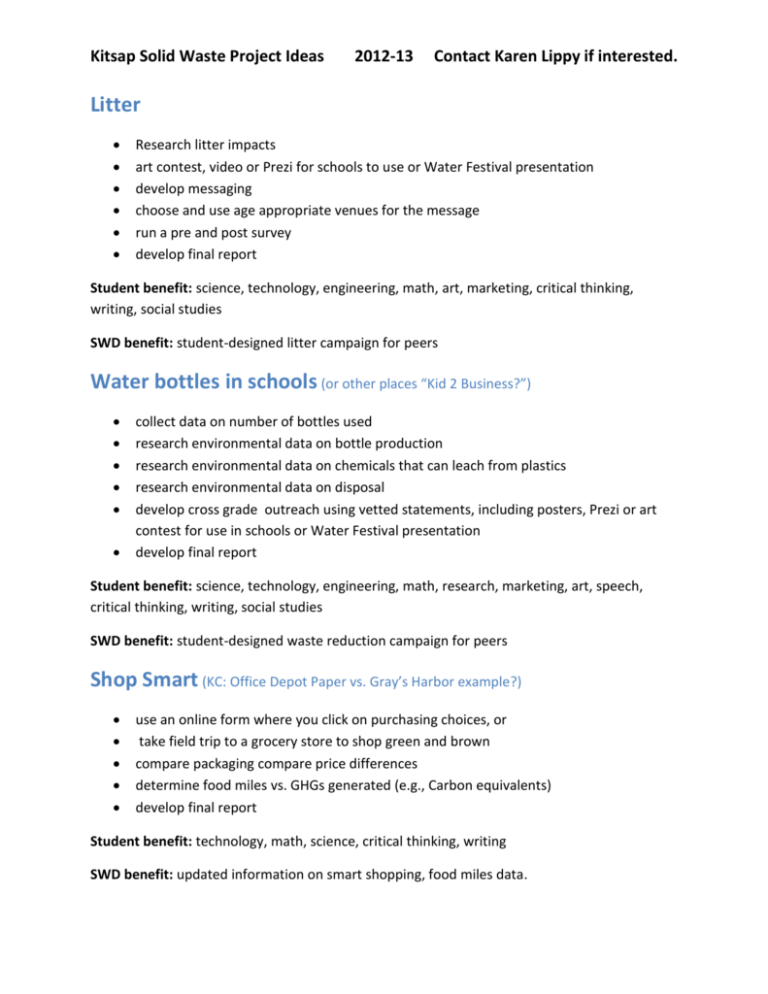
Kitsap Solid Waste Project Ideas 2012-13 Contact Karen Lippy if interested. Litter Research litter impacts art contest, video or Prezi for schools to use or Water Festival presentation develop messaging choose and use age appropriate venues for the message run a pre and post survey develop final report Student benefit: science, technology, engineering, math, art, marketing, critical thinking, writing, social studies SWD benefit: student-designed litter campaign for peers Water bottles in schools (or other places “Kid 2 Business?”) collect data on number of bottles used research environmental data on bottle production research environmental data on chemicals that can leach from plastics research environmental data on disposal develop cross grade outreach using vetted statements, including posters, Prezi or art contest for use in schools or Water Festival presentation develop final report Student benefit: science, technology, engineering, math, research, marketing, art, speech, critical thinking, writing, social studies SWD benefit: student-designed waste reduction campaign for peers Shop Smart (KC: Office Depot Paper vs. Gray’s Harbor example?) use an online form where you click on purchasing choices, or take field trip to a grocery store to shop green and brown compare packaging compare price differences determine food miles vs. GHGs generated (e.g., Carbon equivalents) develop final report Student benefit: technology, math, science, critical thinking, writing SWD benefit: updated information on smart shopping, food miles data. Kitsap Solid Waste Project Ideas 2012-13 Contact Karen Lippy if interested. Note from Dean: Use the USEPA “Recon Model” to calculate recycled content of products: http://www.epa.gov/climatechange/waste/calculators/ReCon_home.html Recycling Contamination perform qualitative and quantitative audit of home and school recycle carts develop outreach materials for classrooms based on results cross-grade teaching, possibly at Water Festival conduct pre- and post- surveys develop final report Student benefit: Science, technology, engineering, math, English/writing, speech SWD benefit: student-designed outreach campaign for other students Vermicomposting Investigate worm bin design and use design vermicomposting classes build worm bins teach younger students –cross grade conduct controlled investigation using finish compost and a control group on identical plant species investigation: plant health (what metrics could be used to assess ‘health?’) develop final report Student benefit: science, technology, engineering, math, speech, writing, critical thinking SWD benefit: student-designed outreach materials for other students Waste Free Lunches Conduct waste audit of lunch waste to identify packaging waste Develop campaign to reduce waste, such as replacing single use condiments with bulk Research food service policies per Federal and Washington State Department of Health requirements Write and illustrate materials to promote waste free lunches, including eating or taking back all the uneaten food brought from home calculate waste reduction develop report Kitsap Solid Waste Project Ideas 2012-13 Contact Karen Lippy if interested. Student benefit: engineering, art, critical thinking, marketing, social studies SWD benefit: student-designed lunch waste reduction in schools that may not have F2F Emissions Curbside vs. Self-Haul (this needs some work to figure out how to make it place-based) students calculate CO2e for a waste/recycling self-hauler vs. curbside service students calculate how many self-haulers it would take to equal the same amount a curbside truck holds, include comparative CO2e) analyze the data and develop a final report with recommendations (Note from Dean: The average full curbside garbage truck holds 10 tons of waste (weight of full mixed recycle trucks unknown). http://www.epa.gov/cleanenergy/energy-resources/calculator.html Student benefit: science (environmental impact) for students and parents, technology, engineering, math, research, critical thinking, writing, economics SWD benefit: help the SWD meet an important Comprehensive Plan objective to reduce greenhouse gas emissions associated with waste transport.
